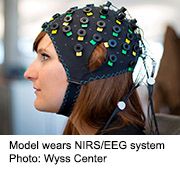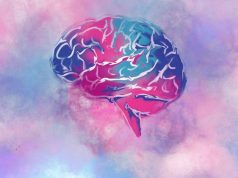Correct responses were provided to more than 70 percent of yes-or-no questions, researchers say
WEDNESDAY, Feb. 1, 2017 (HealthDay News) — A brain-computer interface can enable severely locked-in amyotrophic lateral sclerosis (ALS) patients to answer yes-and-no questions, according to research published online Jan. 31 in PLOS Biology.
An international team of researchers worked with four locked-in ALS patients. The investigators used near-infrared spectroscopy combined with electroencephalography to measure blood oxygenation and electrical activity in the brain as participants were asked yes-and-no questions. The patients had been trained in how to focus their minds on the answers.
In some cases, the researchers knew the answers to the questions, such as, “You were born in Berlin” or “Your husband’s name is Joachim.” Others were open-ended, such as questions about whether they had back pain. The researchers estimated that the patients answered the questions correctly more than 70 percent of the time.
“If replicated with ALS patients in complete locked-in states, these positive results could indicate the first step towards abolition of complete locked-in states, at least for ALS,” the authors write.
Full Text
Copyright © 2017 HealthDay. All rights reserved.








